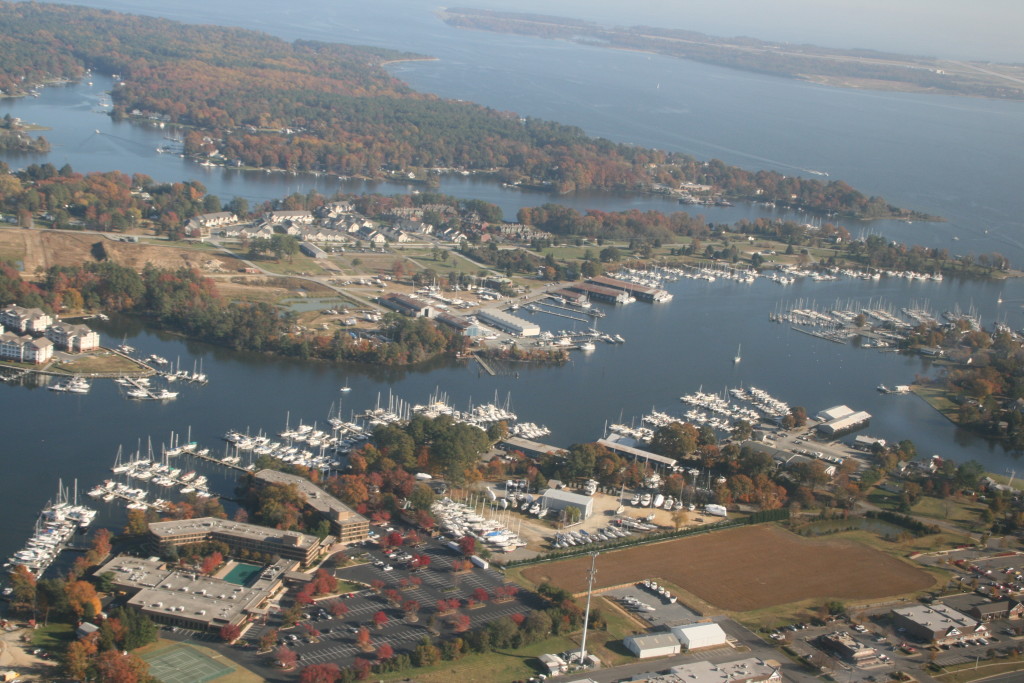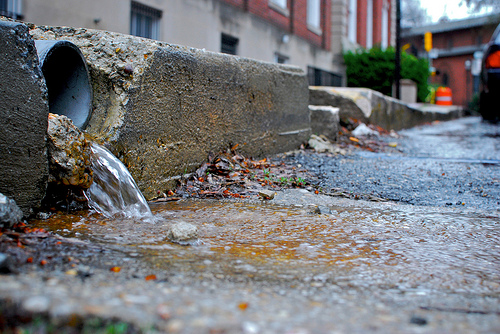Chesapeake Bay
Officials, Chesapeake Bay Foundation must take action to prevent flesh-eating diseases
We need to greatly ratchet down the nutrients especially from agriculture and also from existing and new development. The environmental community must change its tactics and stand up to agribusiness and use the courts and legislature to crack down on this major source of bay pollution. We also must significantly reduce global warming emissions that lead to rising water temperatures and increased nutrients, both which fuel the proliferation and deadliness of flesh eating organisms.
Read MoreReport finds Maryland is lax in regulating poultry industry pollution
By Gerald Winegrad A new report, “Blind Eye to Big Chicken,” documents a near complete abdication by Maryland agencies of their responsibilities to enforce critical pollution control regulations to rein in massive poultry industry pollution. The report by the watchdog group Environmental Integrity Project (EIP) details how chicken growers continue to violate state laws with…
Read MoreFlesh-eating diseases are Chesapeake Bay’s dirty secret
By Gerald Winegrad On Aug. 5, Patty Peacock was checking crab pots on her pier on Harness Creek just as she has every summer day for decades. I have done the same at my pier just north of hers on Oyster Creek. Shaking the pot, she nicked the underside of her right arm. Bleeding, she…
Read MoreChesapeake Bay cleanup efforts have failed. Radical change is needed
Disturbing elements of CBF’s report card include an F for oyster recovery. This critical Bay keystone species has declined to 1% of historic levels inhibiting its ability to filter-cleanse Bay waters. Underwater grasses scored a D-. Along with oysters, their ecological functions make them the Bay’s Most Valuable Players, helping keep water clear and healthy by absorbing nutrients, trapping sediments, reducing erosion and acidity, adding oxygen, and providing essential habitat for crabs.
Read MoreChickens and the Bay
The simple solution is avoided: Make the giant chicken corporations take care of the manure in a sound environmental fashion!
Read MoreThe Chesapeake Bay Restoration is in Deep Trouble
The wheels are coming off the commitments by federal and state governments to get the job done and assure a flourishing ecological treasure.
When I joined 700 other hopeful bay caretakers at the signing of the first Bay Restoration Agreement in Virginia in 1983, I was optimistic we would succeed in restoring the bay. If the bright-eyed, full of hope leaders back in 1983 had envisioned a nightmare scenario for the Bay’s future, we are in it now!
Read More

